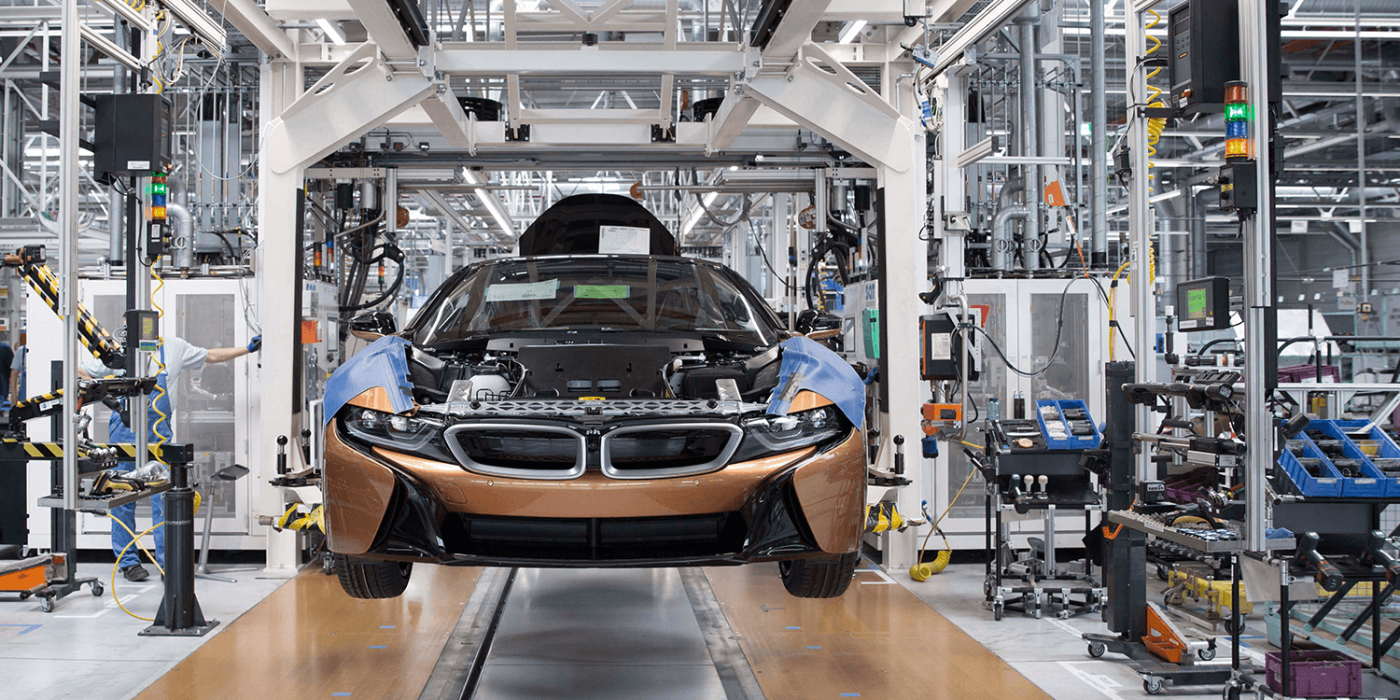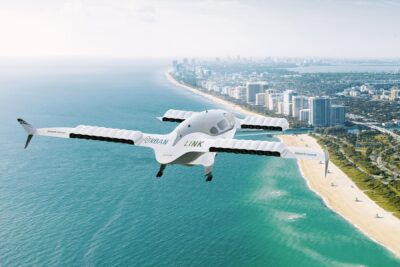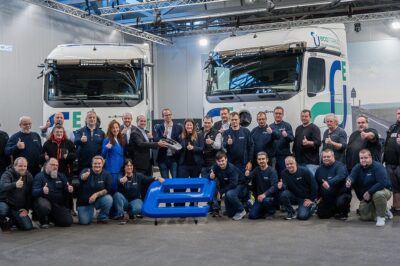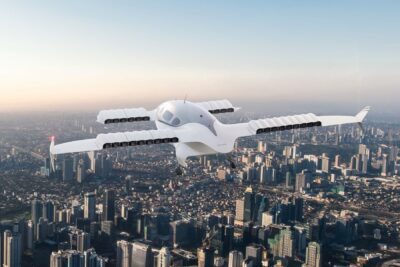BMW loses appeal for more government funding
BMW is to receive fewer German government subsidies for the construction of the i3 and i8 at its Leipzig plant than it had applied for. The federal German government originally considered paying BMW 45 million euros, but the EU Commission only approved 17 million.
The decision is no longer contestable: The European Court of Justice (ECJ) finally dismissed an action brought by BMW and the Free State of Saxony against the EU Commission.
The Saxon Economics Minister reacted calmly to the legal defeat. The ruling was “completely undramatic”, said Martin Dulig. The state will continue to support companies that want to settle in Saxony. According to a BMW spokesperson, 17 million euros can be paid out to the company after the ruling.
The story behind the lawsuit goes back a few years. In 2010 BMW announced that it would invest 392 million euros in the Leipzig plant to build the i3 electric car and the i8 PHEV sports car. The German government notified the EU of their planned investment subsidy of 45 million euros.
In 2014, when production of the two models was already underway, the EU Commission decided that the sum of 17 million euros was enough for the purpose of supporting economic activity in the region. The sum BMW had asked for was the cost difference between the company’s required investments in Munich and those in Leipzig in planning, investment, production and logistics – namely that the Leipzig location cost that much more. The EU Commission said that a subsidy of 45 million euros would distort competition.
The carmaker appealed against this decision with the argument of the additional costs for the (formerly East German) location in Leipzig. In 2017, the European Court of First Instance dismissed the action and the European Court of Justice now followed the ruling in the last instance.
In addition to the i3 and i8, the Leipzig plant now also manufactures models of the 1 and 2 series. In 2018, this was a total of 245,000 vehicles. Last year BMW announced that it would expand its capacity to up to 350,000 vehicles.





0 Comments